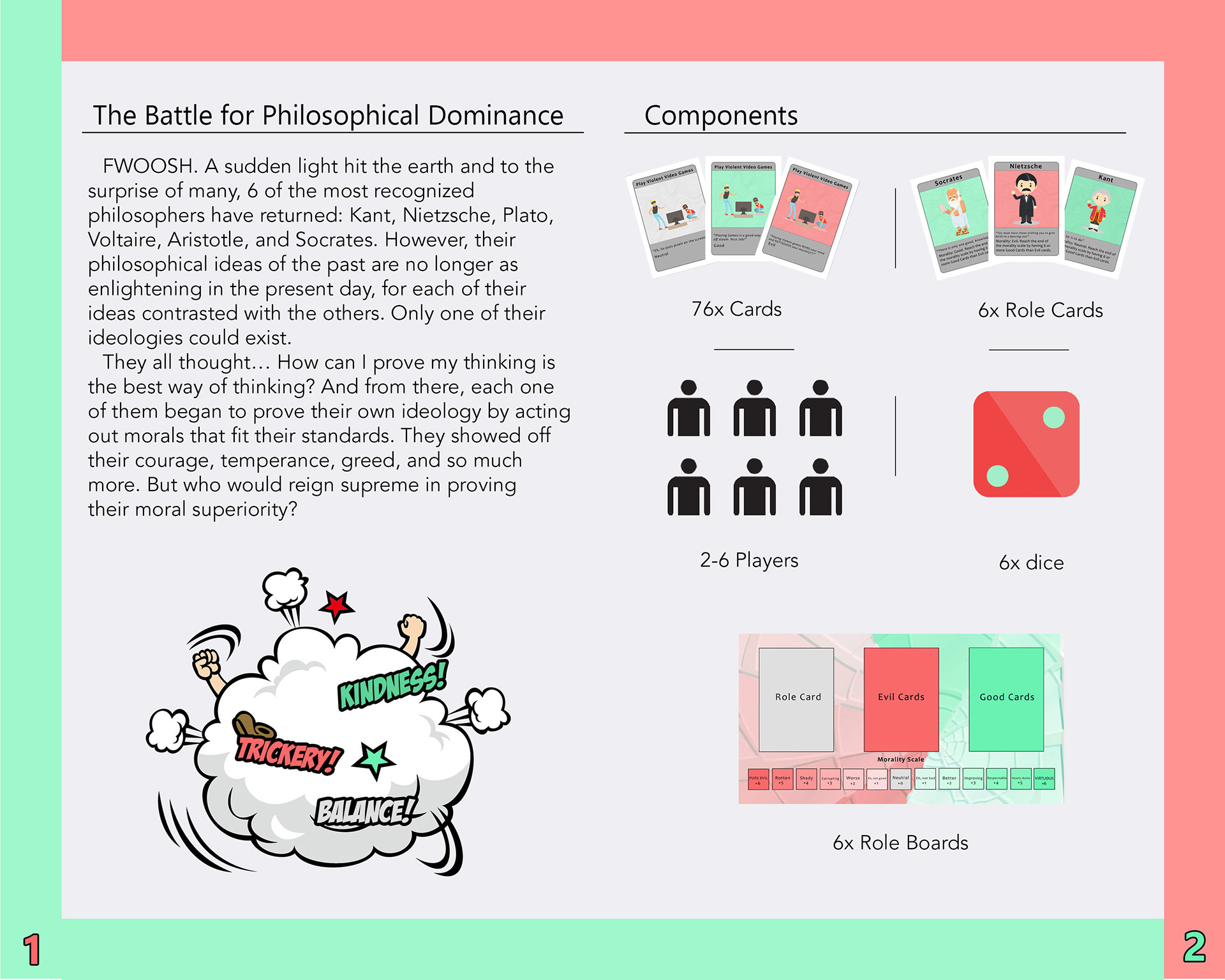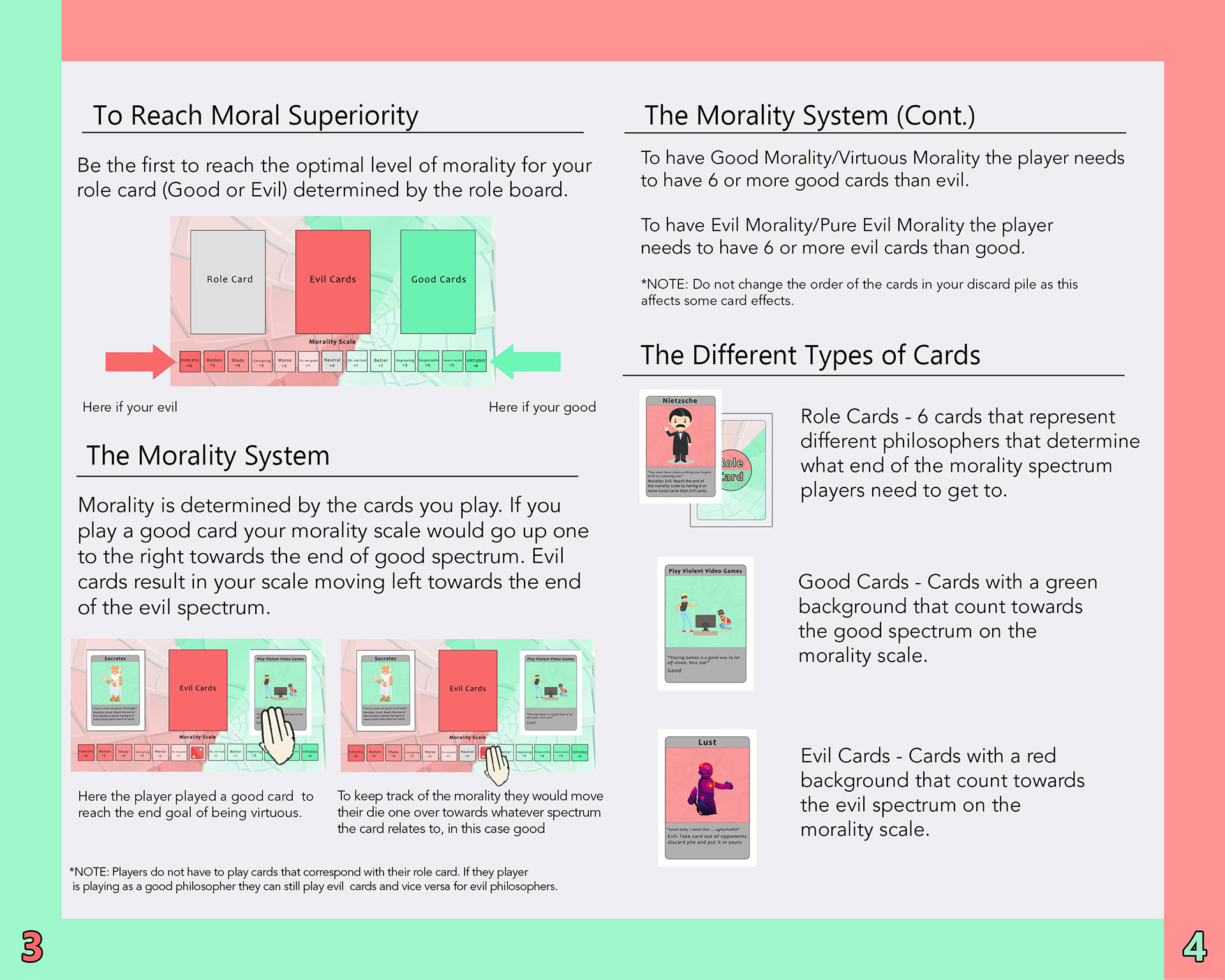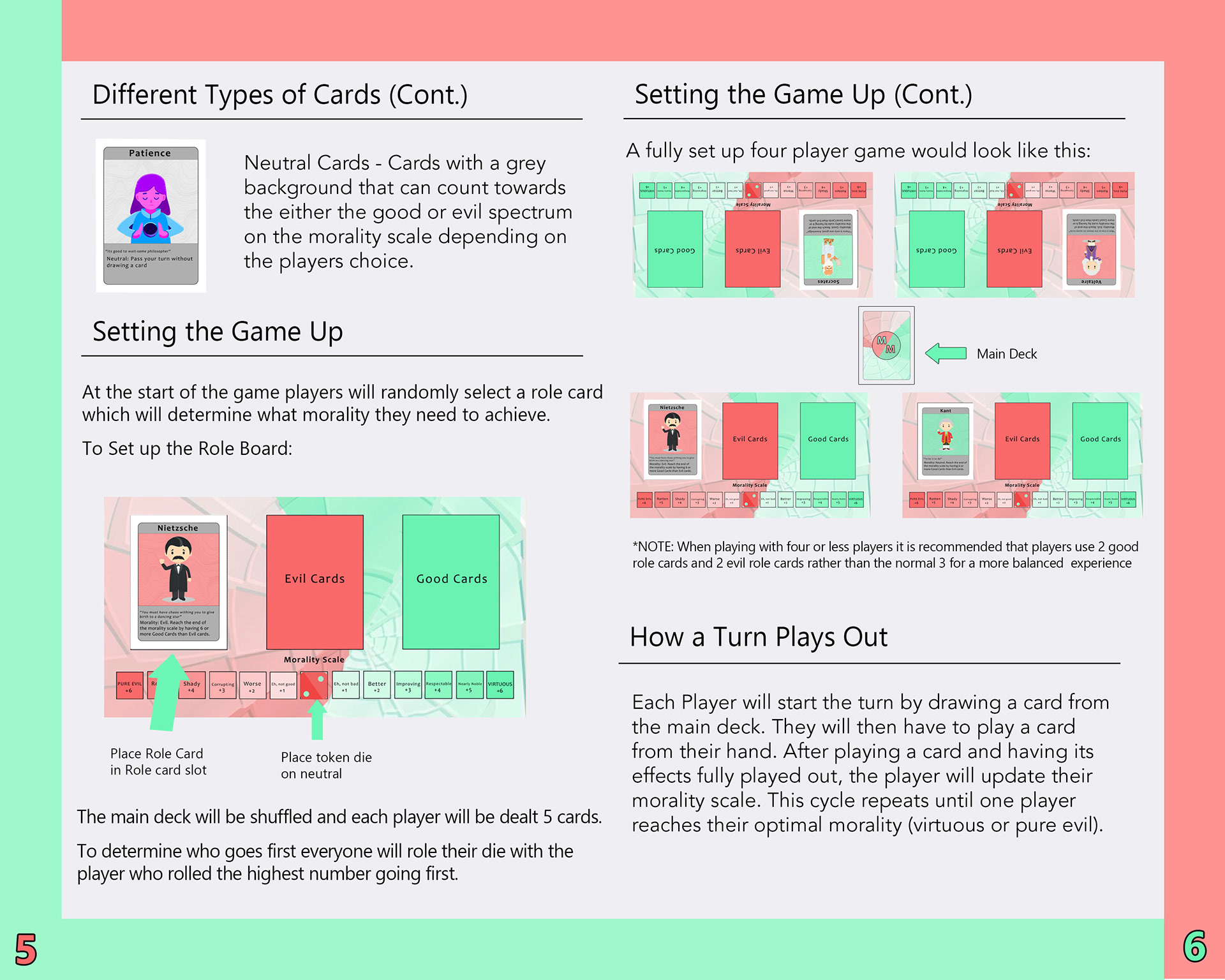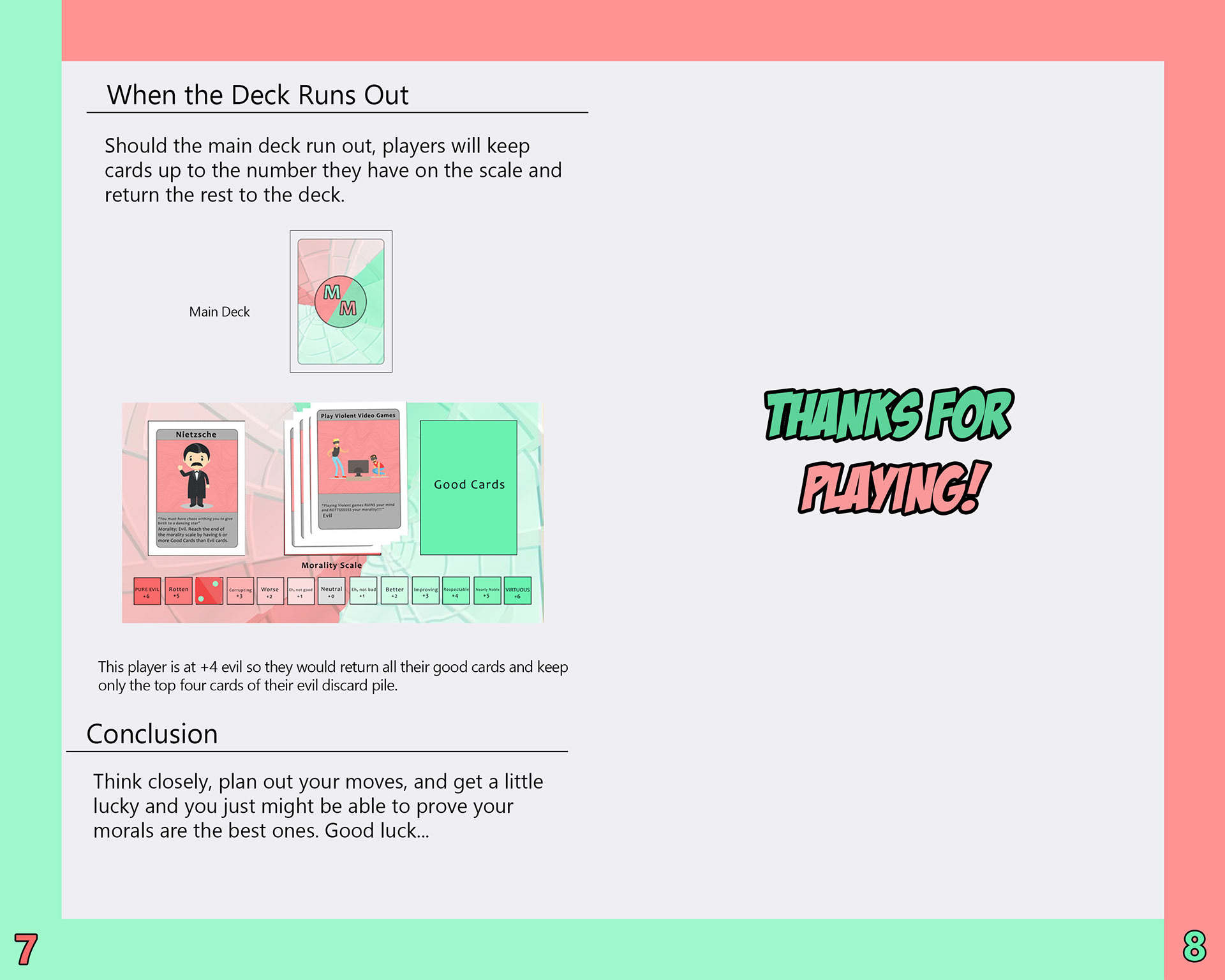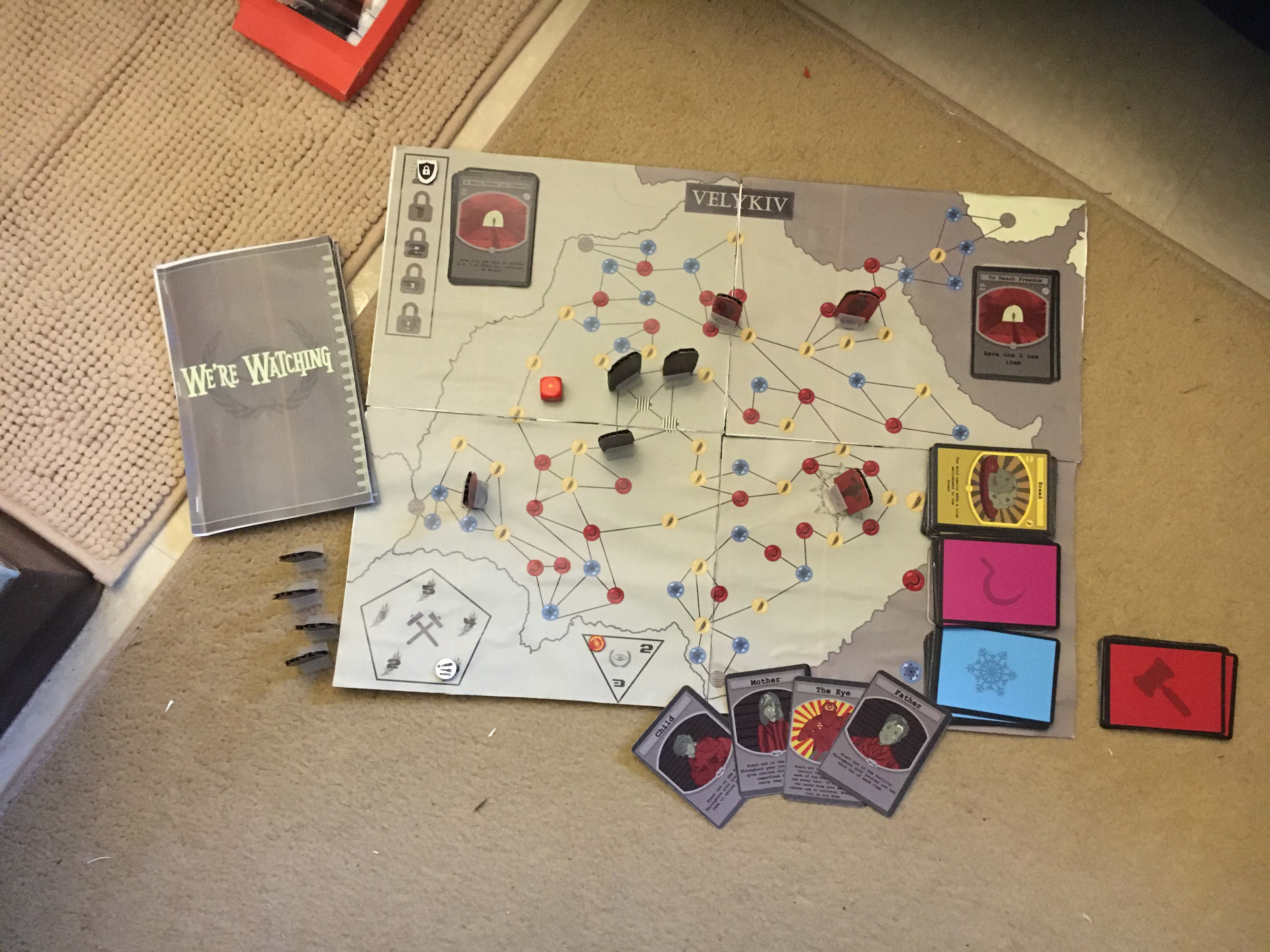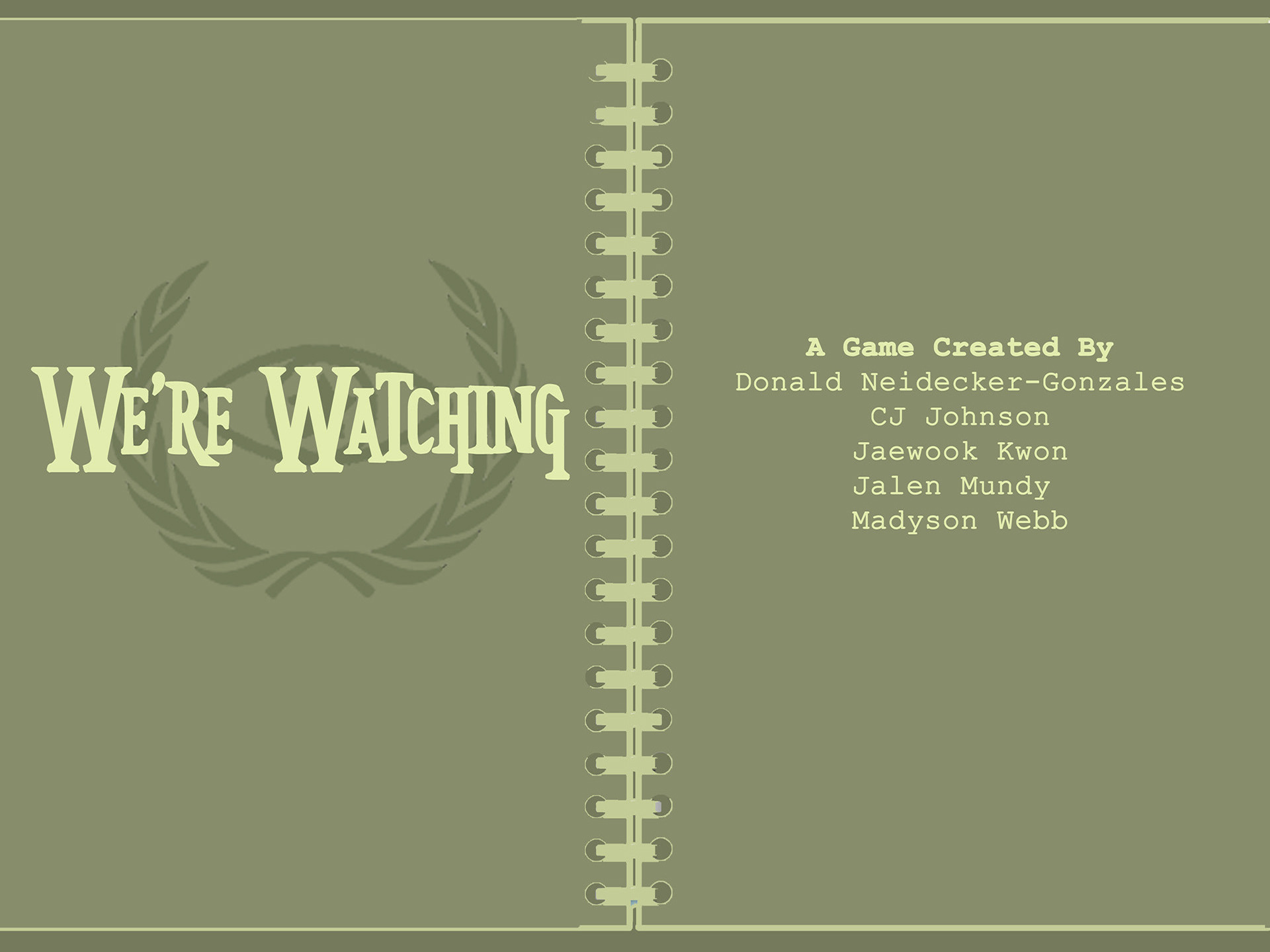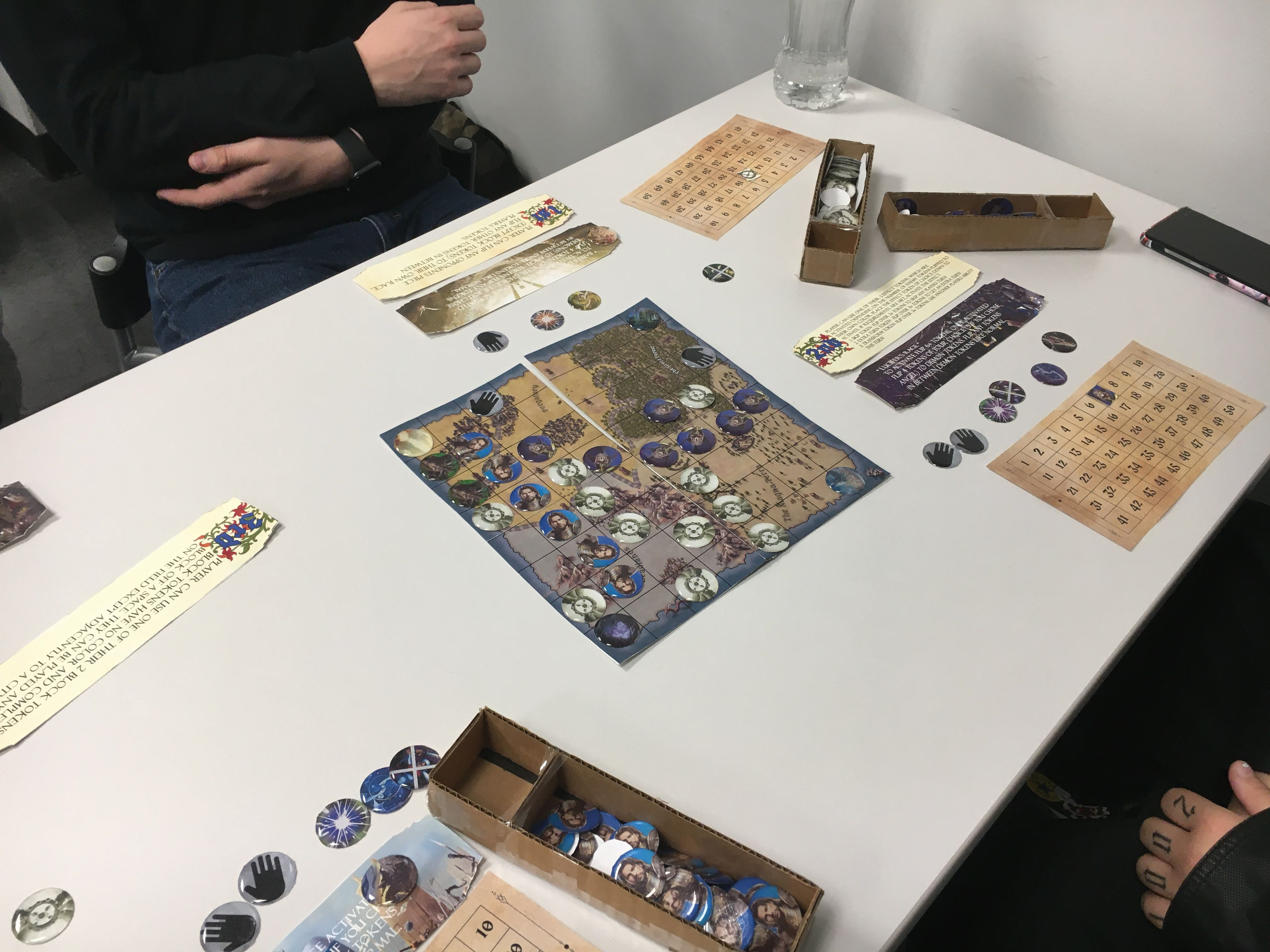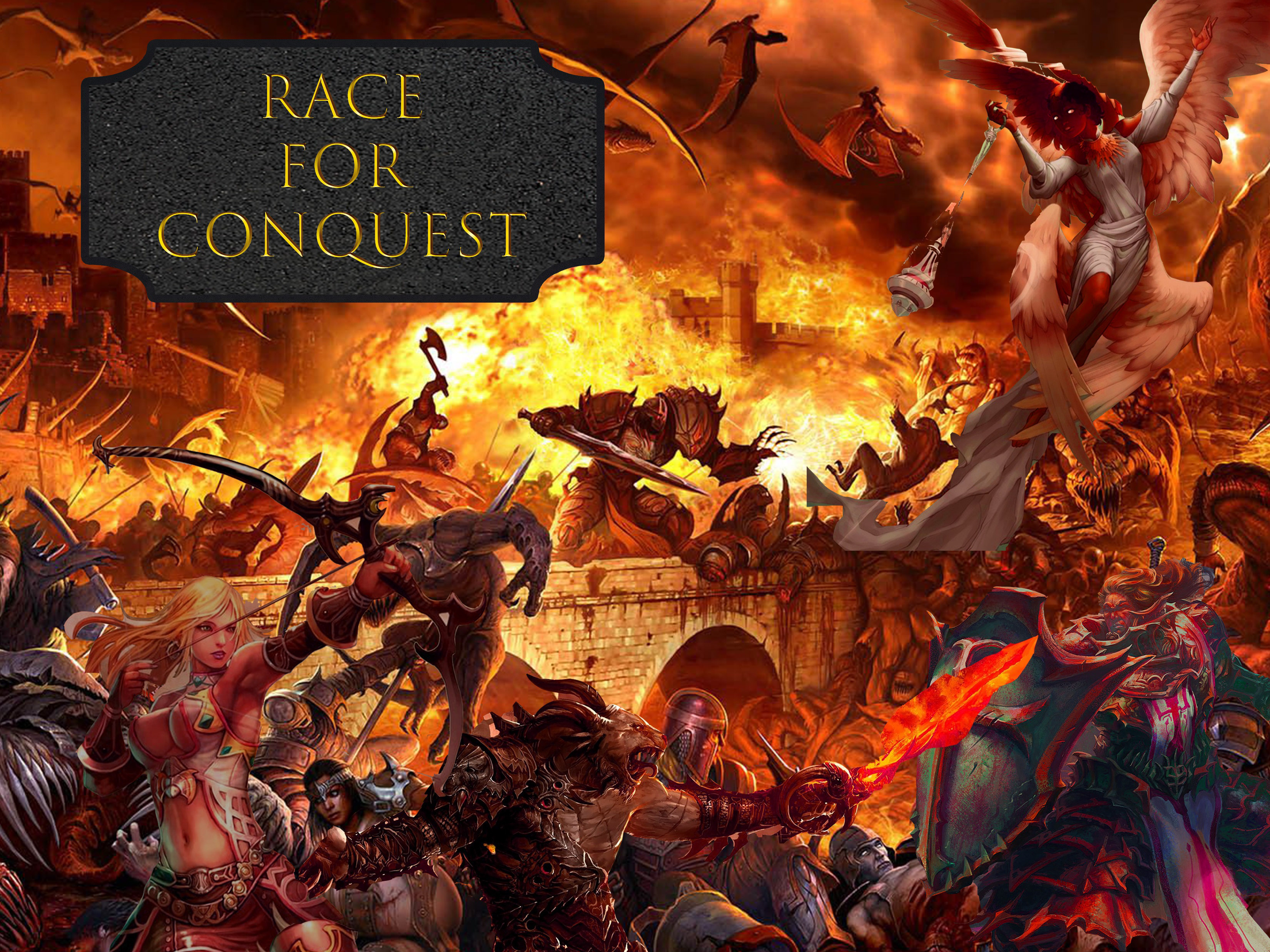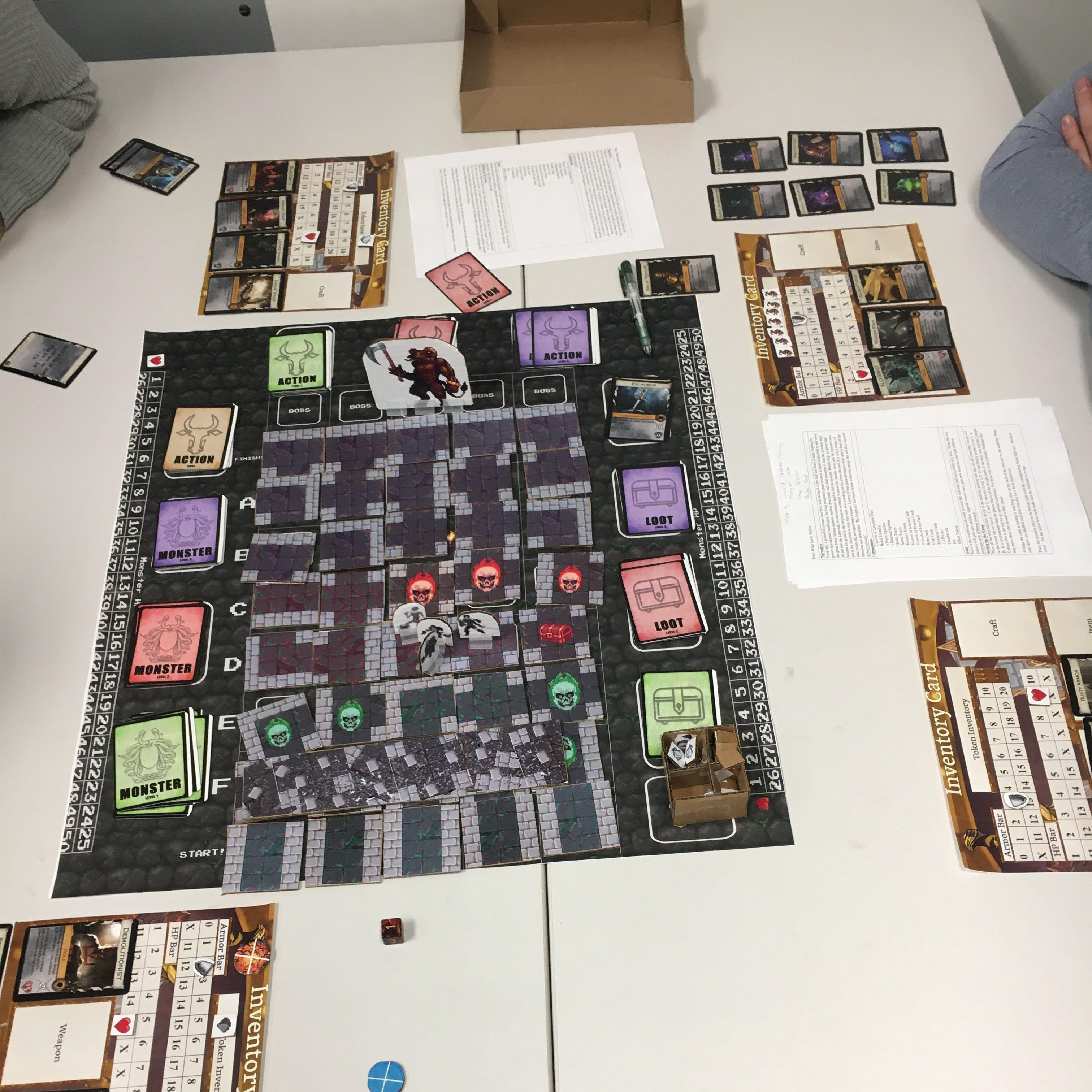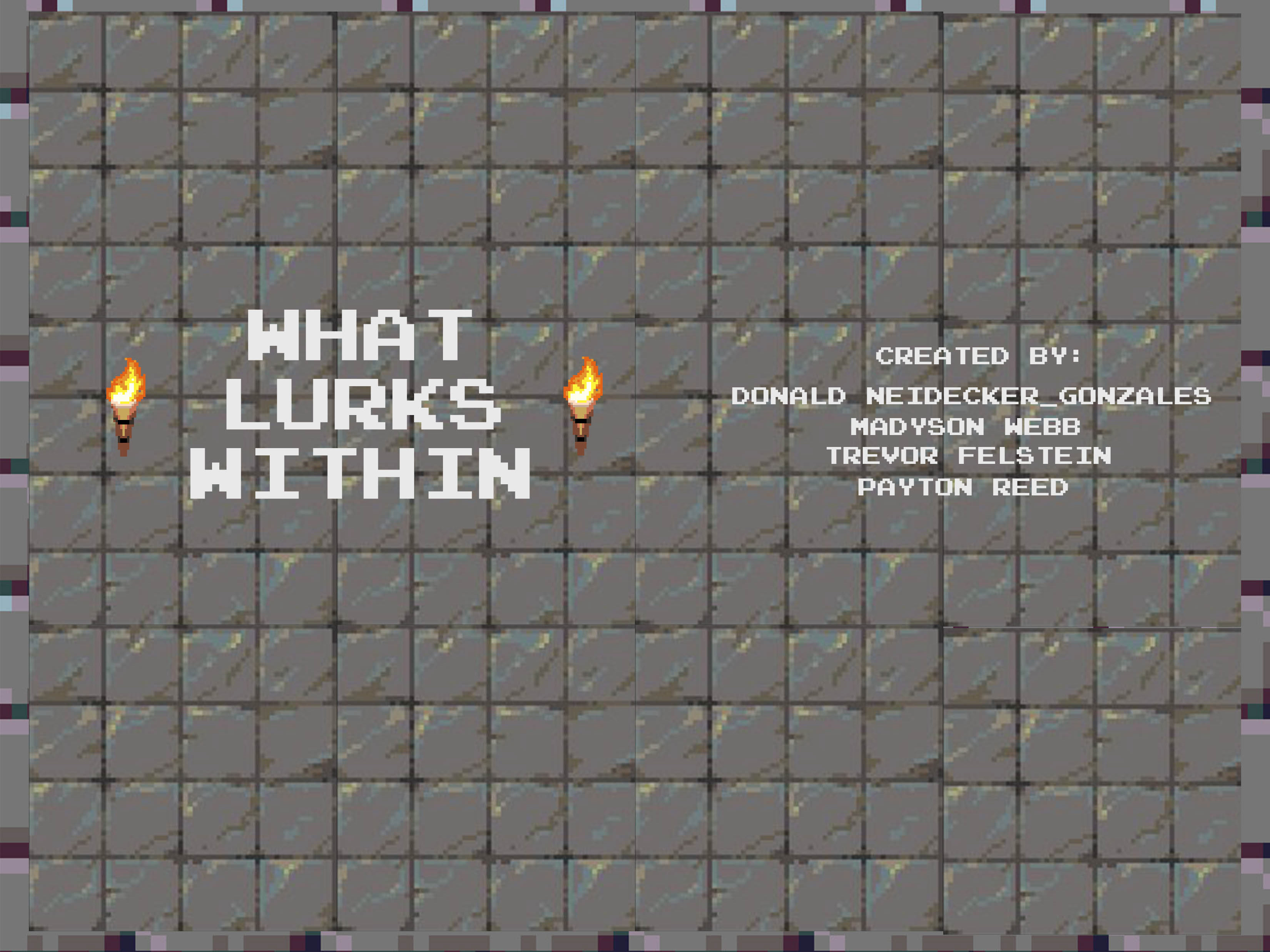School Project
Class: Philosophy 2455: Philosophy & Video Games
Members Involved: Andrew Jauch, William Kellenberger, Ben Miles, Donald Neidecker Gonzales (Myself), Ben Wood
My Role: Game Designer, Component Designer, Narrative Designer.
For this project, our group had the semester to pursue any project we wanted as long as it related to philosophy. After discussing for a while we decided on creating a card game, and I constructed the initial concept. To make the game as approachable as possible, I opted to create a party game. What resulted was Manic Morality, a chaotic 2-6 player card game, where players play as good or evil philosophers, that are randomly chosen at the beginning of the game, trying to reach the optimal morality through cards represented by a series of different vices and virtues.
In the first prototype of Manic Morality, rather than players trying to get a specific amount of a type of card, they played through the entire deck and saw what morality they ended up in. Games usually ended with multiple winners and dragged on because you would have to play through the entire deck. There were also no cards that could directly target, and sabotage other players, meaning matches were very passive.
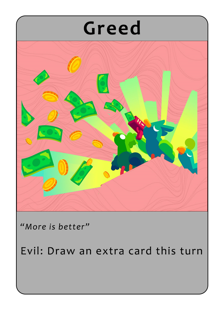
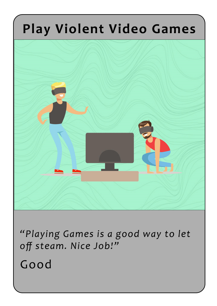
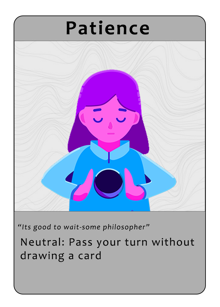
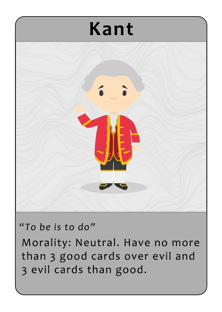
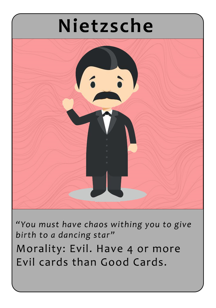
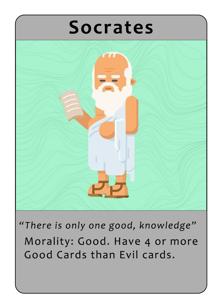
For the card templates, I designed something minimalistic that players could decipher quickly. This can be seen through the shorter description and the colored backs which corresponds with the type of morality (good or evil).
In the 1st rendition of player boards, I made something very simple, where players could place cards in specific areas depending of the type of card, although the board was rather small and unclear in some areas due to it being mostly monochromatic.
After realizing that the previous rendition was too stagnant and unclear in the goal, our group decided on making it so that there was a clear way to win, by reaching 6 or more of one type of card depending on if you were playing as a good or evil philosopher. Neutral philosophers were completely removed so a player could only be good or bad. Finally, more cards that could target players were added to ensure more strategy in the game.
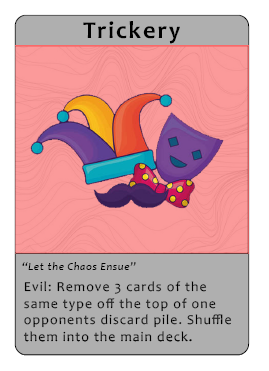
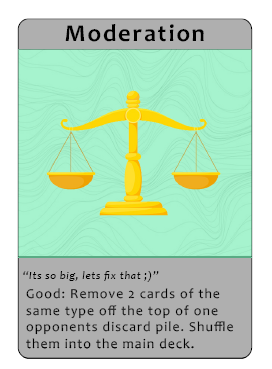
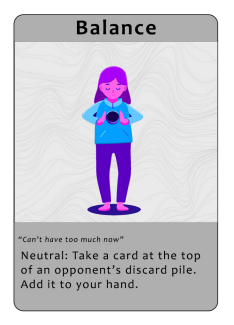
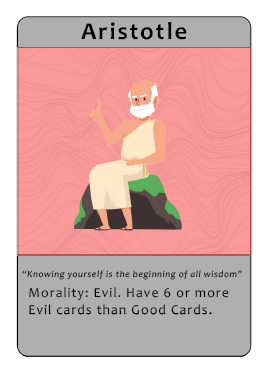
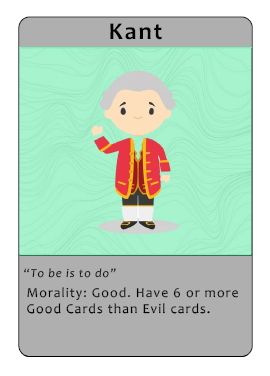
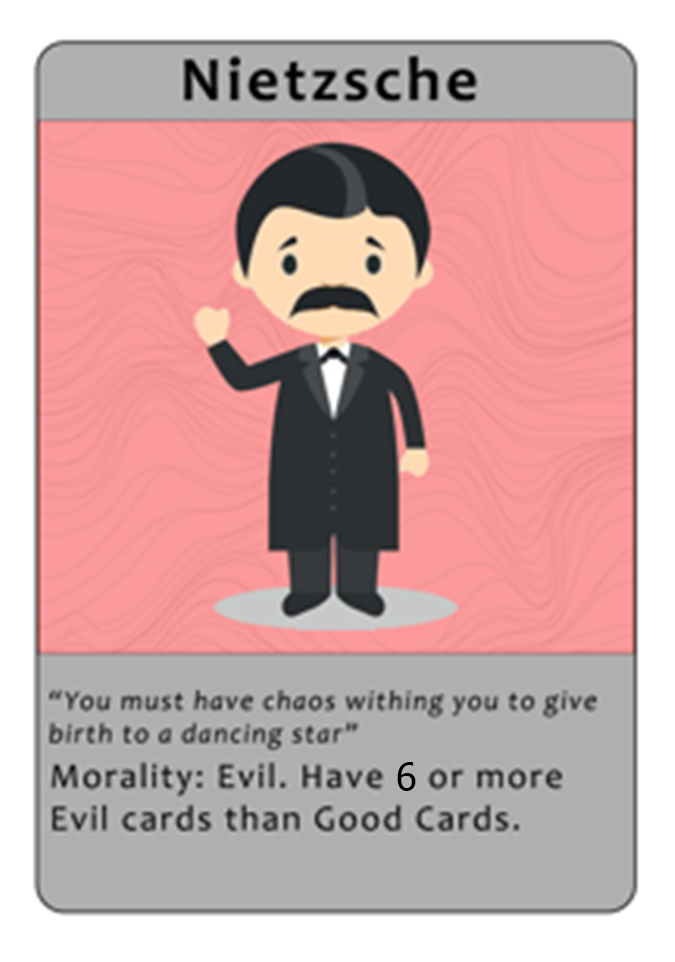
The biggest card additions in this version included Trickery and Moderation, which would allow the player to remove cards from the a players discard pile to slow down their progress in winning. However, they were still quite unbalanced as Trickery was better than Moderation, leading to disadvantages for people playing as good philosophers. Moreover, they could be added back to the deck meaning a game could go on for a while without a winner as players continuously played these cards against each other.
In this new player board, I created a morality scale so players could keep track of how close they were to winning. I added colored backs to the good and evil discard piles to make it clearer where to put different types of cards.
To make sure playing as a good philosopher or evil philosopher was balanced out, I created a google sheet document with all the info of each card such as the amount of each and their ability. Then our group worked together to create a balanced amount of each card as well as new cards to enhance the game.
A fully set up 2 player game.
A 6 player game in action.
This is the final version of the game playing out with the final components I created, new cards added, and old ones edited to form a game that has a lot of pace and chaos. For a player to win in this final version, not only must they have good luck, but they also must be strategic with the hand they are dealt.
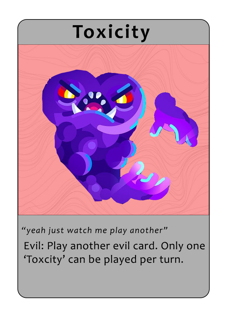
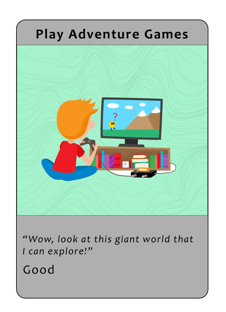
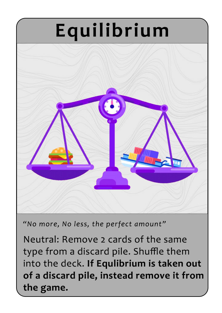
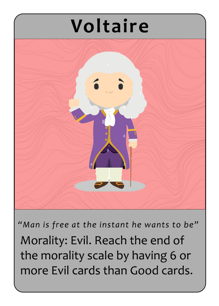
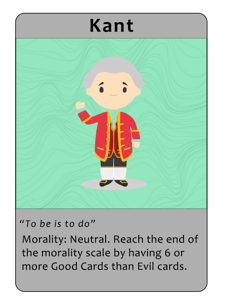
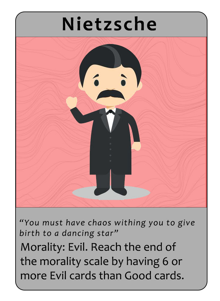
These are some of the newer cards added in the final version. They include cards that allowed players to play an additional card and a neutral version of the trickery/moderation card with the change that these cards could only be played once. I also reworded the role cards to make the objective clearer.
This final player board remained nearly the same with the biggest change coming in the background design of some colored fractured glass to represent the split moralities that players are striving for.
This is a manual I designed for this game. It is stylized to fit the rest of the game and contains some backstory on how players ended up in the situation they are playing in, in addition to detailed instructions on how to play.
